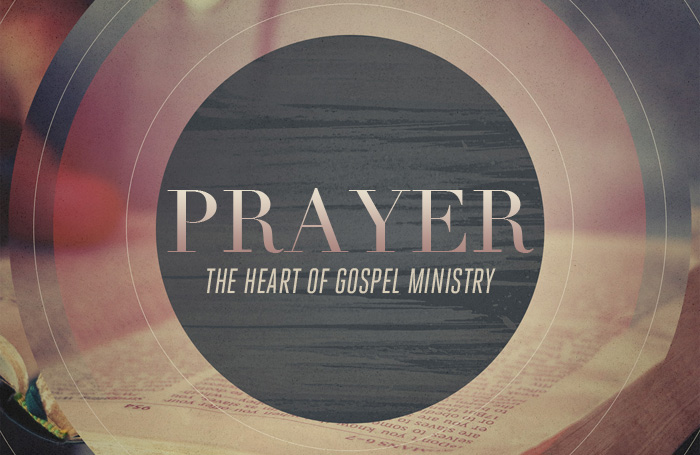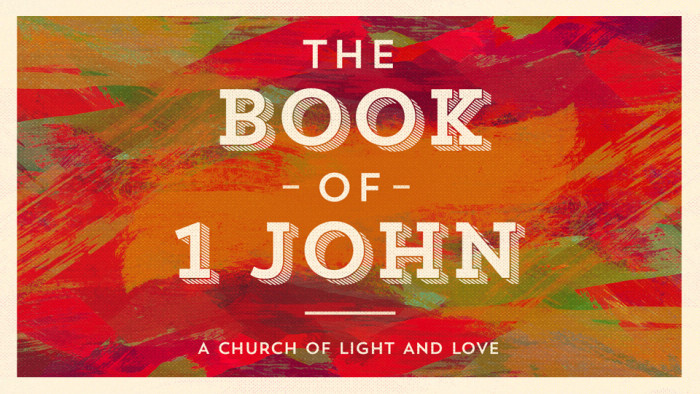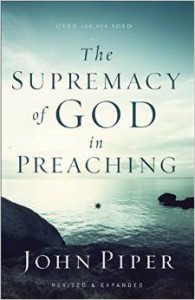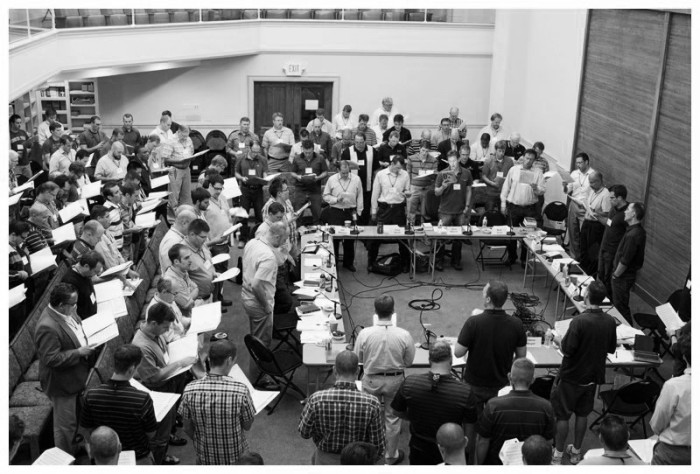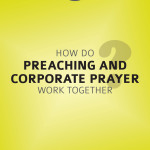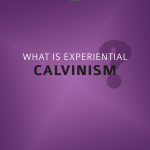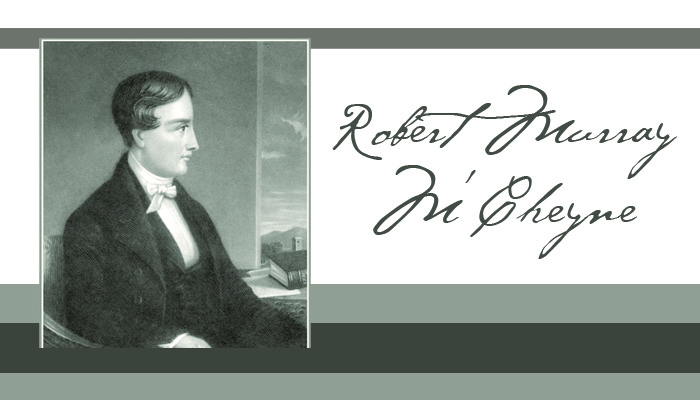Church planting brings with it many advantages, the greatest of which might just be the proverbial “blank slate.” No institutional sacred cows exist; no man-made traditions wait like thieves in the wings. Rather, what you’ve got is total freedom to build and, hopefully, you create no thieving cows.
One of the first things I put on the blank slate of IDC was teaching my own job description. There is something of a symbiotic relationship between the pastor’s health and the congregation’s health. There are two reverberating and reciprocating axioms on this matter:
- Healthy pastors ordinarily fuel a healthy church.
- A healthy church ordinarily fuels healthy pastors.
That sounds about right, doesn’t it? So then the question for me became, “What are some ways in which I can help the church know what God says pastors must be and do?” Here are four things we’ve done the last two years, things God seems to have kindly blessed in abundance.
4 Ways to Do It
Teach. The first book of the Bible we preached through was 1 Timothy. I wanted our people to know what God said about how we ought to live together as a pillar and buttress of His truth. Furthermore, 1 Timothy got us set in the right direction from the beginning about faithful church leadership. We got to examine the qualifications of elders and deacons in chapter 3, and the biblical pattern of faithful ministry in chapter 4. We also used our Family Meetings (bi-monthly church member meetings) to teach on biblical leadership when we began to train elders and deacons.
We are about to have one open week in our sermon calendar between the completion of 1 John and start of Missions Month. What shall we do with that stand alone? Acts 6:1-7 here we come.
Pray. We pray frequently for our church’s leadership during corporate prayer times. We have a 6-7 minute pastoral prayer in every gathered worship and I often pray for our current church officers to be faithful in their work. I also pray each week for other churches and their pastors to be God-glorifying stewards of the gospel. Such prayer times honor the office and, by extension, teach about what’s most important in pastoral ministry. Additionally, 1-2 times each year we dedicate a corporate prayer night to pray for church leaders — usually those at other churches. This allows us to not only model unity, but model how members can best pray for pastors.
Discuss. About eight months into our church’s existence I had over half the men in our church read Thabiti Anyabwile’s Finding Faithful Elders and Deacons for our monthly men’s meeting. What encouragement came from the subsequent discussion! Our guys were instructed from another voice and were challenged to examine their own lives against the qualifications of Scripture. At this meeting I said something we’ve since adopted as an IDC maxim, “Desire to be qualified even if you don’t aspire to the office.”
Disciple. All the labors above constitute discipling for sure, but I’m thinking here of one-to-one discipling. Some great questions you can use in discipling men in the church is, “Do you ever see yourself being an elder or deacon in the church? Is there anything in your life right now preventing you from being qualified?” I think I got that from Mark Dever — it totally sounds like something he’d do. I’ve had incredibly fruitful conversations grow from those simple questions. Discipling’s aim is conformity to Christ and who does Jesus intend to uniquely represent Him in the church? Faithful shepherds.
Encouraging Health Together
Truth brings unity and freedom. Focusing on and shepherding unto the biblical truth surrounding pastoral ministry has brought untold benefits to our church. The most acute thing I can point to is the incredible amount of encouragement and prayer I get each week from our members. Their encouragements and prayers are saturated with concerns firmly attached to what God calls pastors to be. This in turn empowers us to shepherd them unto what God calls them to be as children of faith.
Till the soil of truth regarding pastoral ministry and watch God — in His own time and power — ignite health in your midst.


